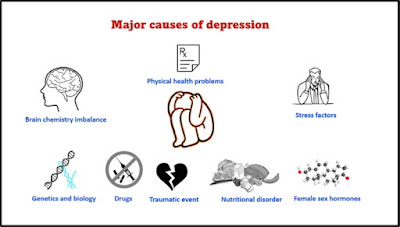Understanding the Psychological Basis of Love
.jpg)
Outline of the Article Introduction to Love in Psychology Understanding the Psychological Basis of Love Theories of Love Evolutionary Perspective Types of Love in Psychology Passionate vs. Companionate Love Sternberg's Triangular Theory of Love Psychological Effects of Love Impact on Mental Health Love and Attachment Styles Love and Relationships Building Healthy Relationships Love Languages The Neuroscience of Love Brain Chemistry in Love Love and Oxytocin Love in Different Stages of Life Adolescent Love Love in Adulthood Conclusion Love in Psychology Love is a complex emotion that has fascinated psychologists for decades. Exploring the depth and nuances of this feeling, psychologists have delved into various aspects, attempting to decipher its psychological underpinnings and impacts on individuals' lives. Understanding the Psychological Basis of Love Theories of Love Psychological theories of love attempt to explain its nature and development. From Freud's emphasis on chi...







